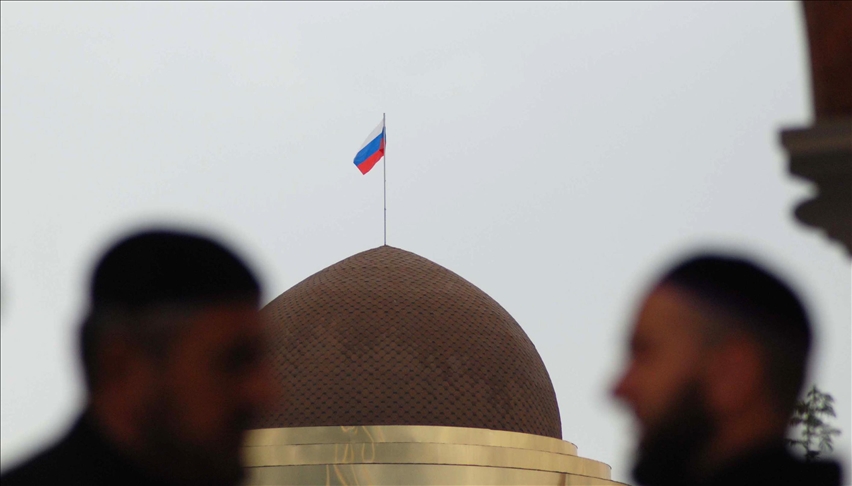75th anniversary of Checheno-Ingush exile
Checheno-Ingush people were expelled Northern Caucasus in 1944 following German attack

Ankara
BAKU
Thousands of Checheno-Ingush were expelled from Northern Caucasus to Middle Asia and Siberia by Soviet leader Joseph Stalin on Feb. 23, 1944.
The exile led to thousands of deaths 75 years ago and was recorded as one of the greatest massacres.
German forces launched an attack at the Soviet Union’s oil reservoirs in Caucasus in the first months of World War II in 1942.
The Germans aimed to occupy the Soviet Union’s second-biggest reservoirs in capital Grozny, Chechenia after Azerbaijan.
They occupied some parts of the country but failed to enter Grozny.
Soviet’s counter-attack forced the German forces in Stalingrad to surrender after being surrounded. Later, the German forces in the Caucasus were forced to retreat.
Stalin blamed his people for the German attack, especially Checheno-Ingush, Kalmyks, Balkars, Crimean Tatars, Karachays, and Volga Germans.
He gave the order to expel Checheno-Ingush and abolished Checheno-Ingush Autonomous Soviet Socialist Republic, founding Grozny Oblast.
The exile took place on Feb. 23, 1944, during the celebrations of the country’s Red Army Day.
Nearly 500,000 Checheno-Ingush were expelled to mostly Siberia and Kazakhstan. It is estimated that 20 percent of the people died during the travel due to thirst and hunger.
The Russian Soviet Federative Socialist Republic seized the territories and livestock left behind.An observatory soldier was assigned to every 10 houses after they reached their new destinations. Checheno-Ingush couldn’t travel farther than 3 kilometers (1.8 miles) and they had to check in at security points.
On Nov. 26, 1948, the Soviet administration announced that the expelled people were indefinitely forbidden to return to their home.
Nikita Khrushchev, a Soviet leader who led the Union between 1953 and 1964 said: “It is hard to understand that women, children, elderly, communist, Komsomol (All-Union Leninist Young Communist League), the whole nation to be held responsible for an act done by a person or a group of people.”
Historians say Stalin’s main aim was to punish Caucasus people due to their previous revolts and avoid their planned migration to Turkey.




